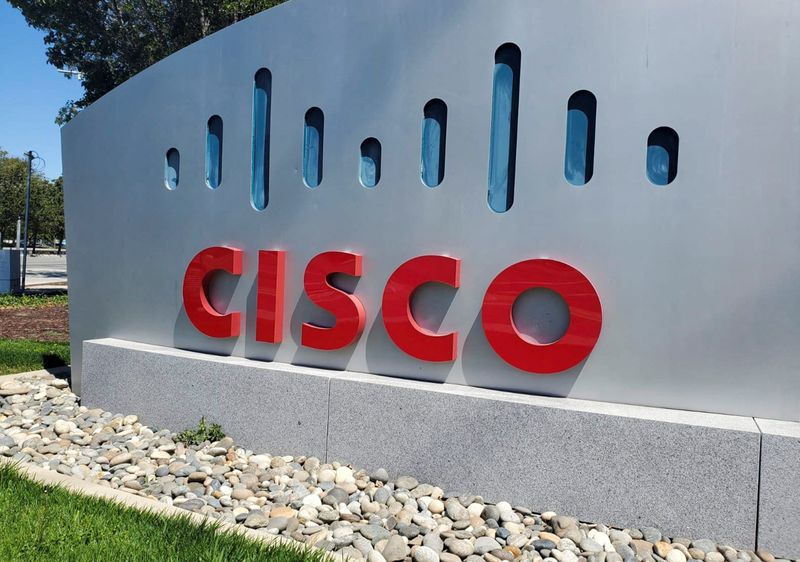The court rejected the petition of Centripetal Networks for 2.75 billion
2022.12.05 10:18
[ad_1]

The court rejected the petition of Centripetal Networks for 2.75 billion
Budrigannews.com – The U.S. High Court on Monday declined to hear a bid by Centripetal Organizations Inc to restore the biggest honor throughout the entire existence of U.S. patent regulation – $2.75 billion – to be paid by Cisco Frameworks Inc (NASDAQ:) in a dispute over a cybersecurity patent.
After the trial judge disclosed that his wife owned Cisco stock worth $4,688, Centripetal, a cybersecurity company based in Reston, Virginia, filed an appeal of the lower court’s decision to void the award. The appeal was denied by the justices.
Since the Wall Street Journal reported last year that dozens of federal judges had violated federal law by hearing lawsuits involving companies in which they or their families owned stock, judicial conflicts of interest have received more attention.
In 2018, Centripetal filed a federal lawsuit against Cisco in Virginia, claiming that the company had infringed on its network-security technology patents.
After a non-jury trial in 2020, U.S. District Judge Henry Morgan, who passed away in May of this year, concluded that San Jose, California-based tech company Cisco had infringed the patents. The judge paid Centripetal $1.9 billion in damages and Cisco over $2.7 billion in royalties, according to Cisco.
Morgan, who was unaware of his wife’s ownership of 100 shares of Cisco stock throughout the trial, disclosed this information to the companies prior to rendering his decision.
Morgan claimed that he had already written the majority of the ruling and decided “virtually every issue” prior to learning of her stock, so it had no bearing on how he handled the case. The shares were placed in a blind trust by the judge.
The award was overturned in June by the patent-focused U.S. Court of Appeals for the Federal Circuit, which remanded the case to a new Virginia judge. According to the Federal Circuit, Morgan either ought to have withdrawn himself from the case or ensured that the stock was sold.
The Government Circuit said giving the adjudicator’s choice access the case stand would sabotage the public’s trust in the legal cycle.It likewise found it insignificant that Morgan disallowed his significant other’s monetary advantages.
The Supreme Court was informed by Centripetal that Morgan had complied with the law and that selling the shares just prior to Cisco’s ruling would “create another appearance-of-impropriety problem by solving one.”
[ad_2]








